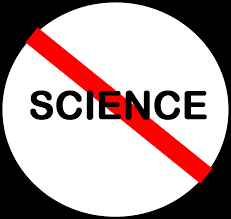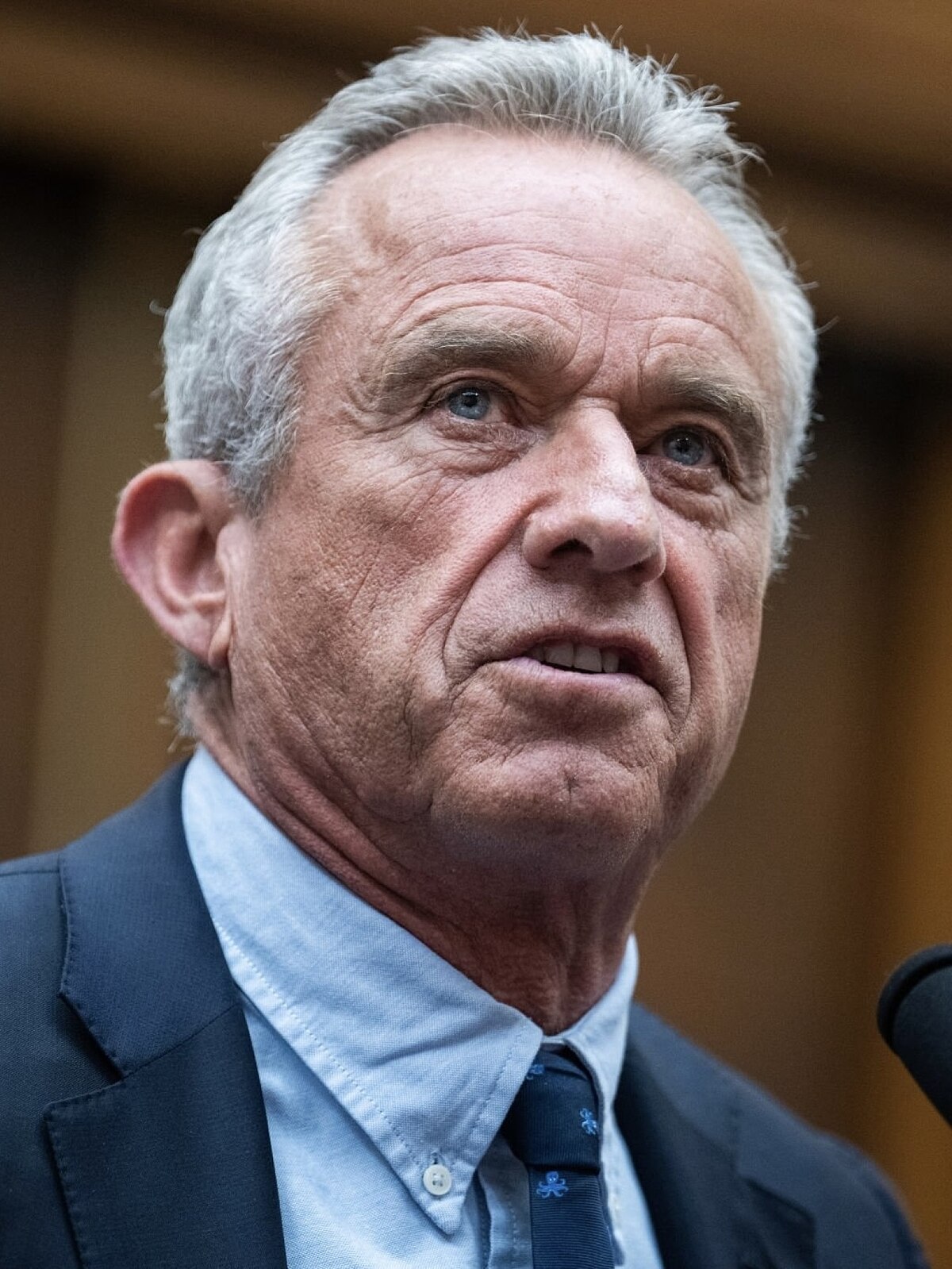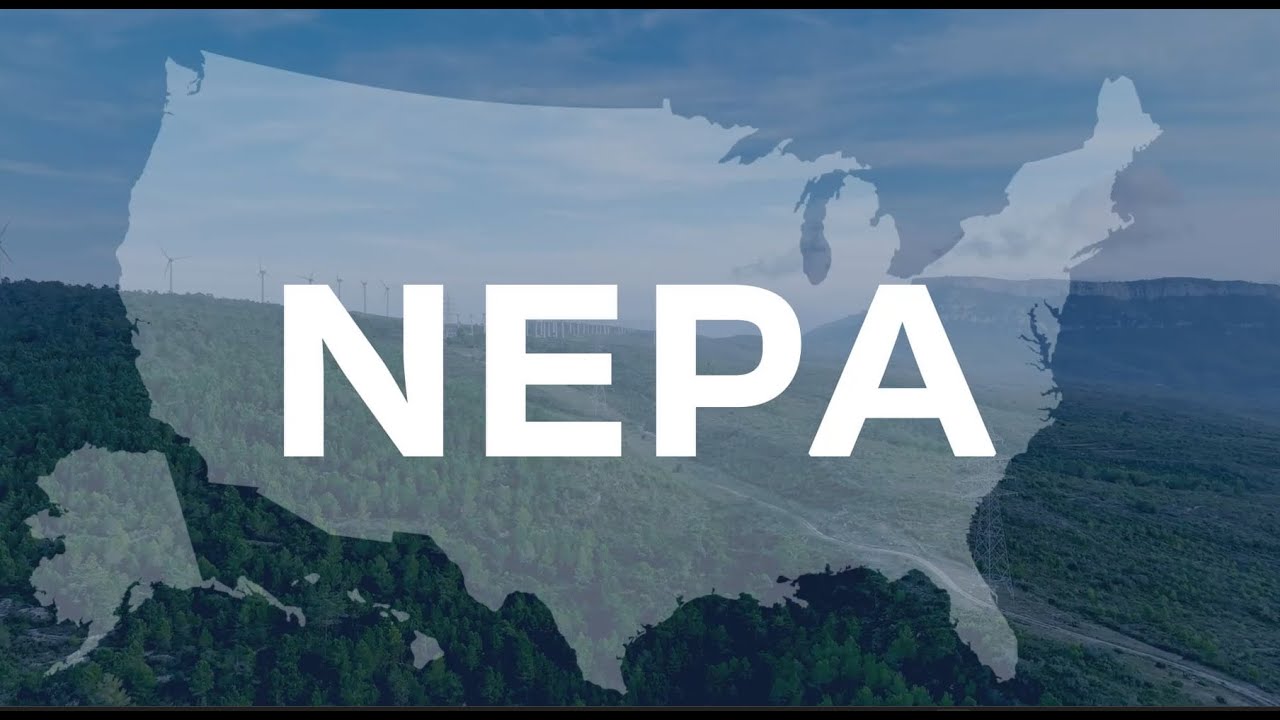environmental science
Games Deregulators Play
Here are the six moves the Trump EPA consistently uses to justify deregulation.
If you start reading the Trump Administration’s arguments for deregulation, a repetitive feeling soon sets in. Every deregulation is different, of course, but there are stock arguments that seem to surface again and again.These arguments have a distortion effect, blurring the benefits of regulations while magnifying their costs.
CONTINUE READINGScience and Democracy
The scientific process is crucial for a well-functioning democracy.
Beyond its utility, science also models some important features of democracy. It aspires to a marketplace of ideas in which everyone with the needed background knowledge can participate, and in which conclusions are based on debate and data rather than power. As a recent D.C. Circuit case illustrates, the law calls on government agencies to make decisions in the same, considering all the scientific evidence and arguments, then providing a reasoned explanation for its decision.
CONTINUE READINGThe Compact for Censorship
The so-called compact is a thin front for massive incursion into free speech and academic freedom.
A key First Amendment principle prohibits the government from discriminating on the basis of viewpoint. This Compact contains a string of viewpoint-based rules. That’s a threat to any view the government doesn’t like, which definitely includes a belief in climate change or the benefits of renewable energy. Because violation of the agreement triggers draconian sanctions, and the Administration is the judge of what constitutes a violation, the chilling effect will be tremendous.
CONTINUE READINGIn His Own Words: The Unitary Executive Explains Science Stuff to Us
Inside the government, the war on science seems to be over, and ignorance has won.
In the past couple of days, the President has given us the benefit of his wisdom on highly technical issues. It seems clear that, as far as the government is concerned, the war on science is over, and ignorance has won.
I’m going to let the President make my case for me. Below are excerpts of Trump’s explanations of vaccine policy, autism causation, and climate science.
CONTINUE READINGThe War on Science: Week 35
Every week we get more reports about the Administration’s anti-science campaign.
It was just another week in the government’s war on science. Rather than editorialize about what’s going on, I thought it would be more useful just to relay what has come out in news reports over the last week. The facts really speak for themselves.
ITEM. On Saturday, we learned that EPA’s water division had told its scientists to pause publication of papers in scientific journals pending a “review.” The order came from political appointees. There’s little doubt that the goal is to silence scientific findings that might call Administration policies into question.
CONTINUE READINGA Clear and Present Danger to American Health
We’re all – each of us individually — less safe than we were a year ago.
RFK Jr. is purging the government of anyone who actually believes in science. What’s happening to public health under his leadership isn’t unique. All across the government, Trump is at war with science, cancelling billions of dollars of biomedical, energy, and climate research; closing EPA’s science department; replacing hard scientific evidence with climate denial as official dogma. This is a recipe for disaster, like closing your eyes will flying a plane.
CONTINUE READINGHouse Natural Resources Committee Holds Hearing on Another Ill-Conceived Permitting Reform Bill
The SPEED Act takes aim at the scientific foundation of environmental review
The proposed iSPEED bill includes provisions that would fundamentally compromise the integrity of federal decision making processes by allowing—or even compelling—the government to ignore scientific and technical information critical to understanding the effects of a federal action and how those effects could be mitigated.
CONTINUE READINGHow Trump’s War on Research Hurts the US Economy
The economic evidence confirms the huge benefits of government support for research.
One of the victims of the Trump Administration has been scientific research, notably including research on the environment, clean technologies, and even public wealth. The government’s own research capacity is under attack from agencies from EPA to NIH, grants to universities have been cancelled, and future funding from agencies like NIH and NSF is in peril. Yet the Administration has given little though about how this effects competitiveness in a high-tech world.
CONTINUE READINGWillful Ignorance as Government Policy
The Trump Administration is systematically shutting down sources of vital information.
There is a deep anti-intellectualism embedded in MAGA. As RFK Jr. advises people, why pay attention to scientists when you can just “do the research” in the far corners of the internet?
There’s also the fear that data and research may not fit its political agenda. For instance, better information about extreme weather could support more robust programs to deal with those threats rather than supporting massive budget cuts. More robust government programs aren’t part of the MAGA agenda. Even worse, information about extreme weather would also shed light on climate change, a taboo subject.
100 Days of Anti-Environmental Mayhem
A flood of anti-environmental initiatives threatens to undo decades of progress.
the Administration has withheld funding for clean technology, denounced the very idea of environmental justice, and begun a campaign to gut environmental agencies. And that’s only the first hundred days of Trump’s second term.How far Trump gets with this anti-environmental jihad will depend partly on the courts but mostly on politics. Events relating to the economy and provision of basic government services are likely to have as much impact on how things play out than anything specific to the environment.
CONTINUE READING











